Lubricant trends
Advances in automotive lubricant design
04 March 2025
07 February 2017
Current and future challenges drive molecular re-engineering

The next generation of viscosity modifiers are carefully designed so that they deliver hardware protection as engine technology advances to keep pace with the latest industry challenges. At the same time, molecular re-engineering is giving lubricant formulators greater flexibility in base stock selection and wider viscosity grade options.
To help meet specification requirements and deliver fuel economy benefits, heavy-duty diesel (HDD) engine oils are now formulated in Group II and III base stocks. However, conventional viscosity modifiers (VMs) can have lower solubility and lower thickening efficiency in these higher quality base stocks. Infineum has redesigned a diblock VM molecule so that it is more soluble in higher quality base stocks and offers a good balance between thickening efficiency and shear stability. This means it is well suited for use in Group II and III engine oil formulations.
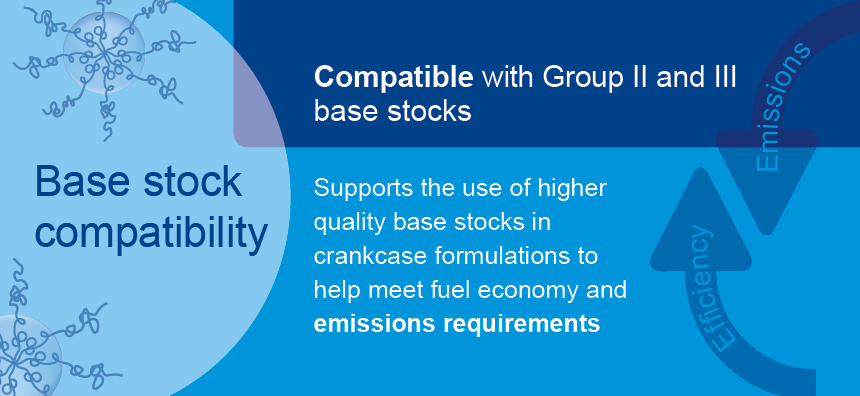
Demands for improved fuel economy are also driving HDD crankcase lubricants to lower and lower viscosity grades. There is already an increase in SAE 10W-30, which requires Group III base stocks. And, with the introduction of the new API FA-4 category, and OEMs across the globe going in this direction, there is likely to be growth in even lower viscosity grades. The viscometrics of the new Infineum VM give formulators the flexibility to develop HDD engine oils over a wide viscosity grade range.
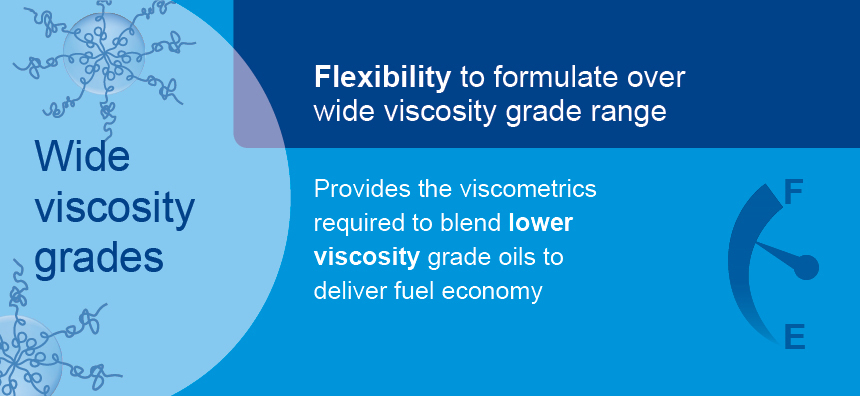
By careful fine tuning, the polymer thickening efficiency can be optimised at a desired shear stability index. This allows formulators to lower the polymer treat rate whilst retaining the desired viscometrics. The result can be cleaner engines and reduced costs.
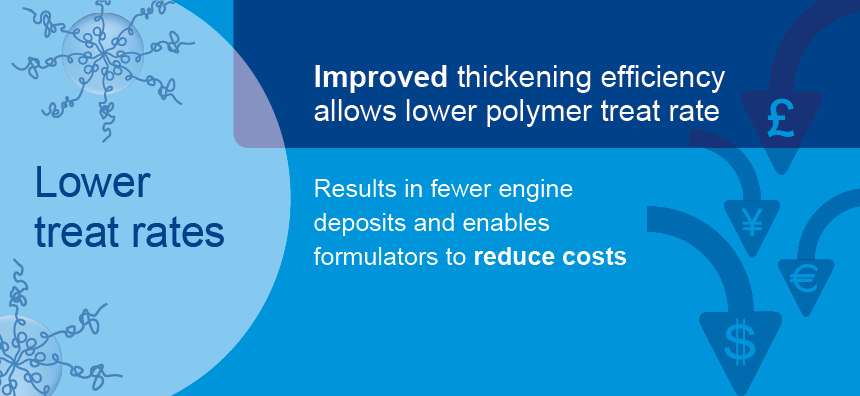
Sometimes tight viscometric requirements make it necessary to use expensive base stocks and potentially mixed VM systems. The solubility of the new VM in Group III base stocks decreases the need for these systems, which can help to reduce complexity and cost.
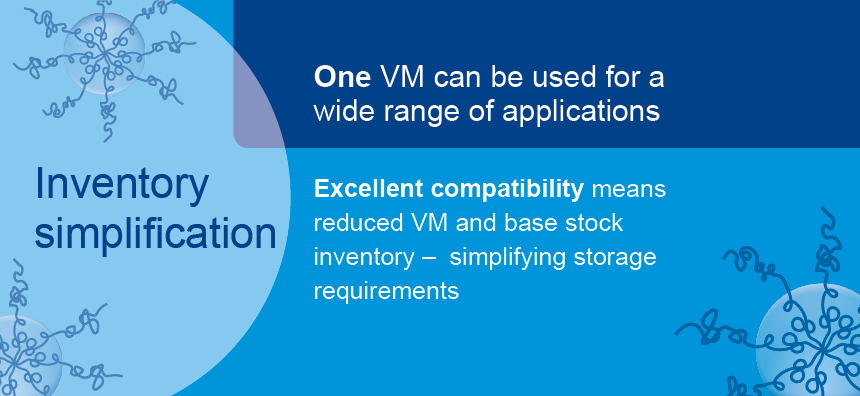
Soot handling has become increasingly important. It can contribute to fuel economy performance by preventing soot induced viscosity increase over the lifetime of an oil, and prevent soot induced wear. In addition, as engine technology advances, and we move towards lower viscosity grades, the demands for excellent shear stability over the entire drain interval continue to grow. The new VM has demonstrated excellent soot handling, high shear stability and viscosity retention in bench and field trials. This means oil drain intervals can be extended without compromising wear.
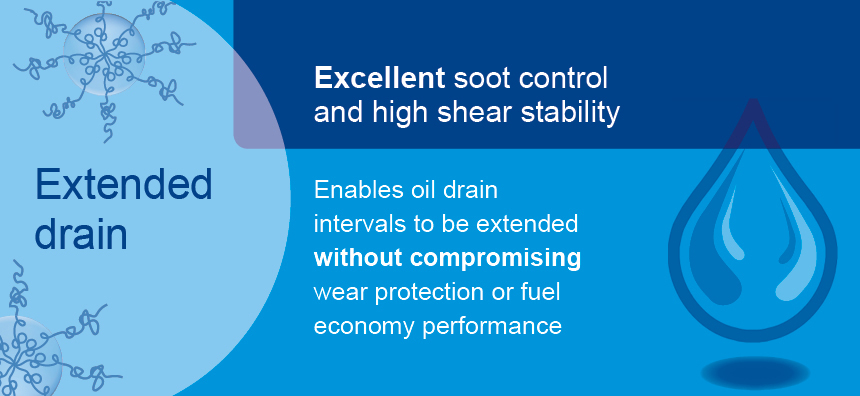
In bench, engine and field testing the new Infineum VM has delivered formulation flexibility across different base stocks and viscosity grades. It has also demonstrated improved thickening efficiency, excellent shear stability and treat-effective soot handling.
Please use the contact form here to request more information about Infineum viscosity modifier products.
Sign up to receive monthly updates via email